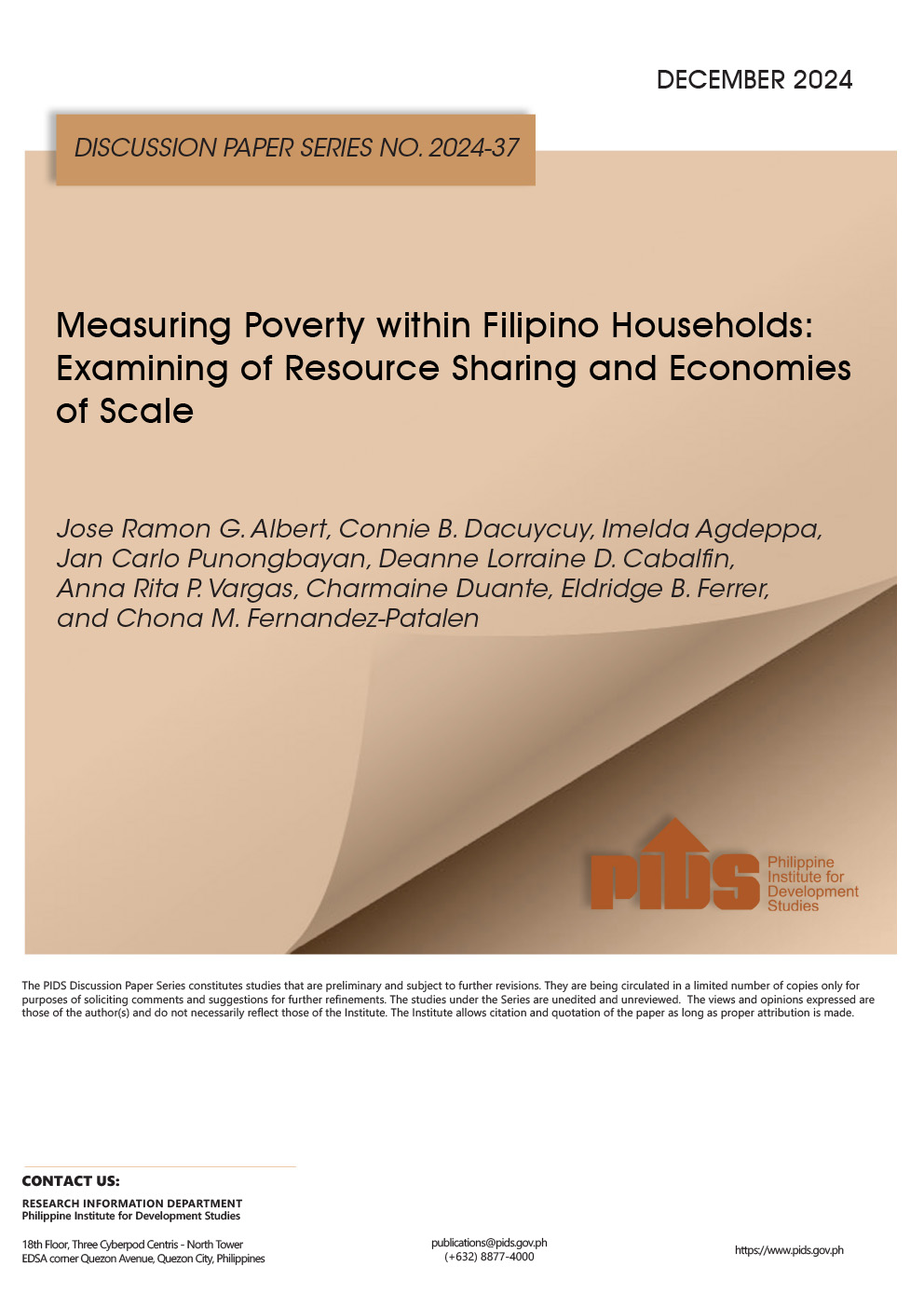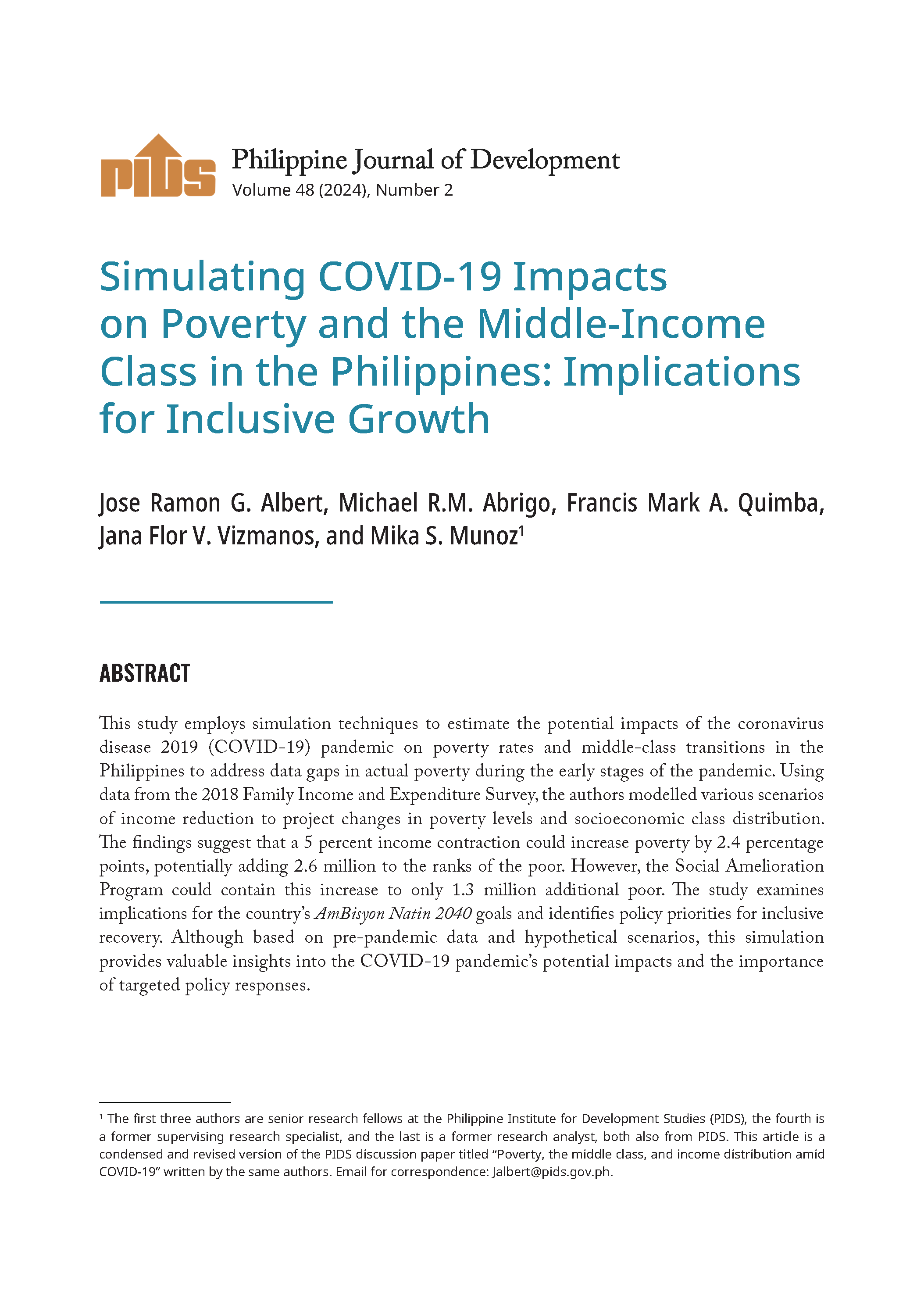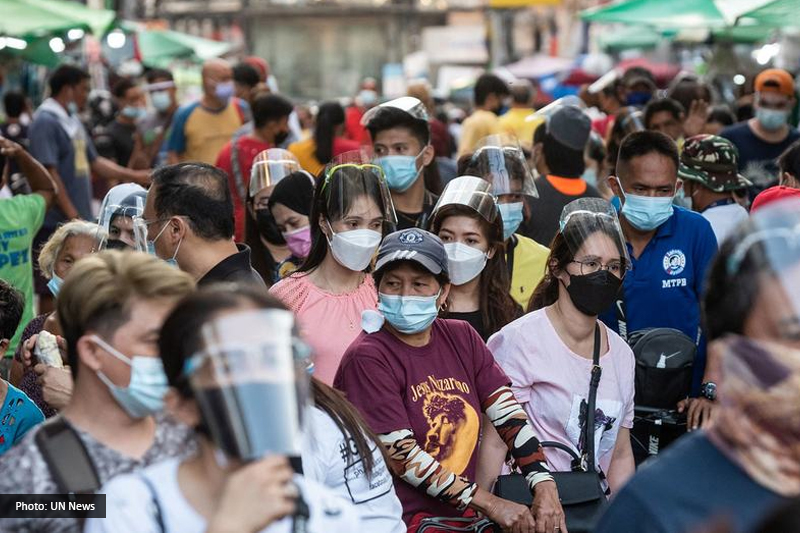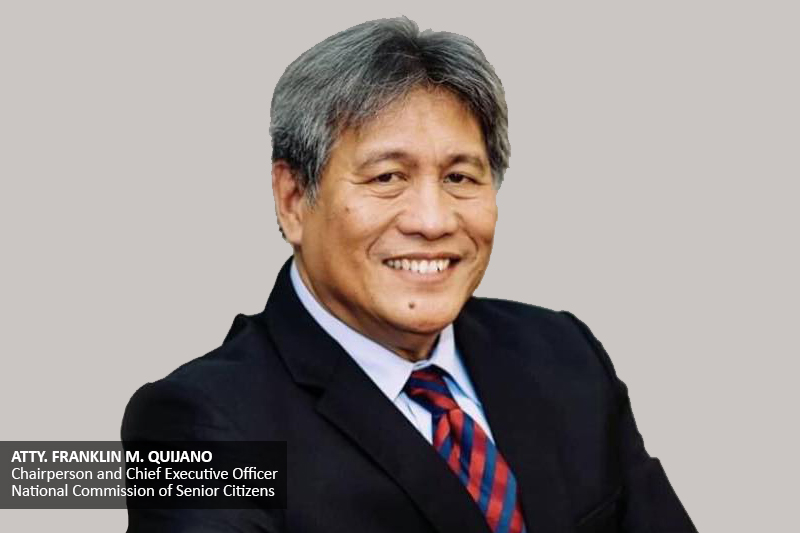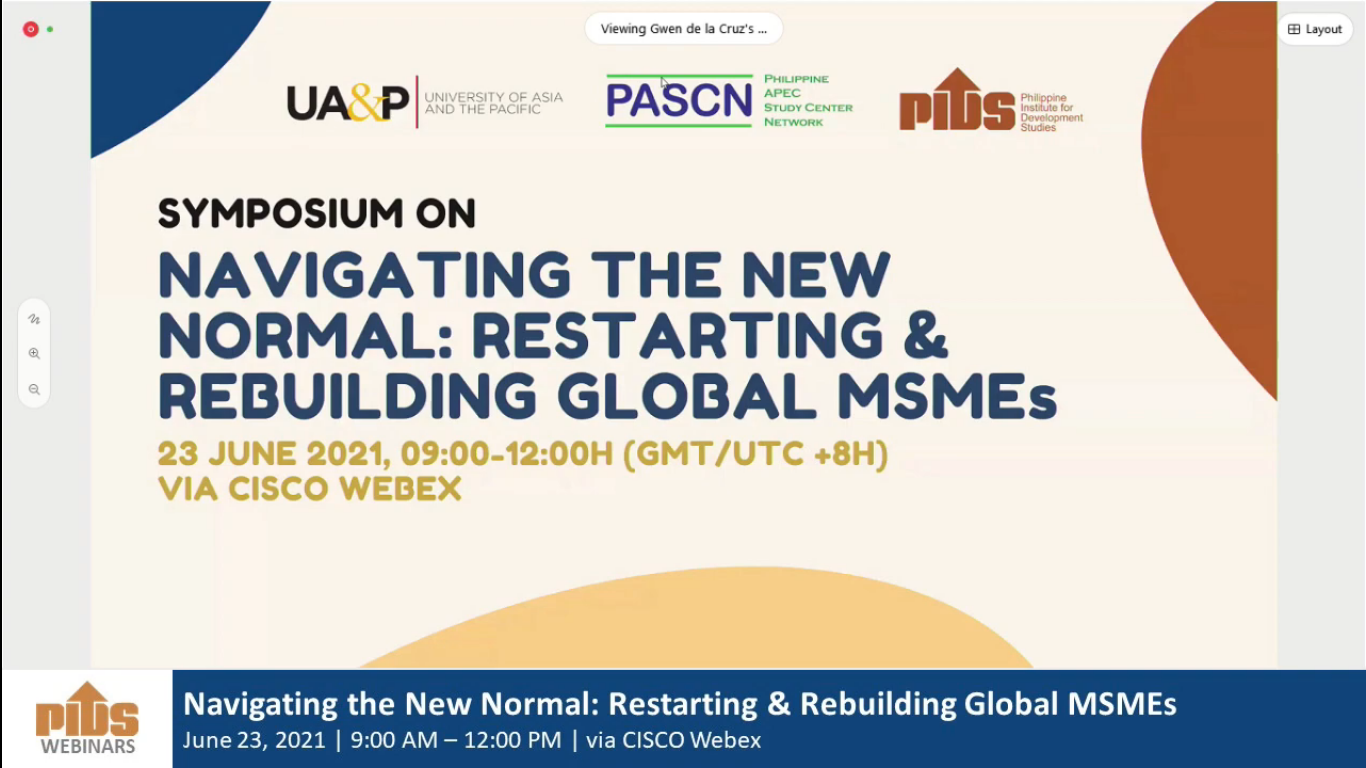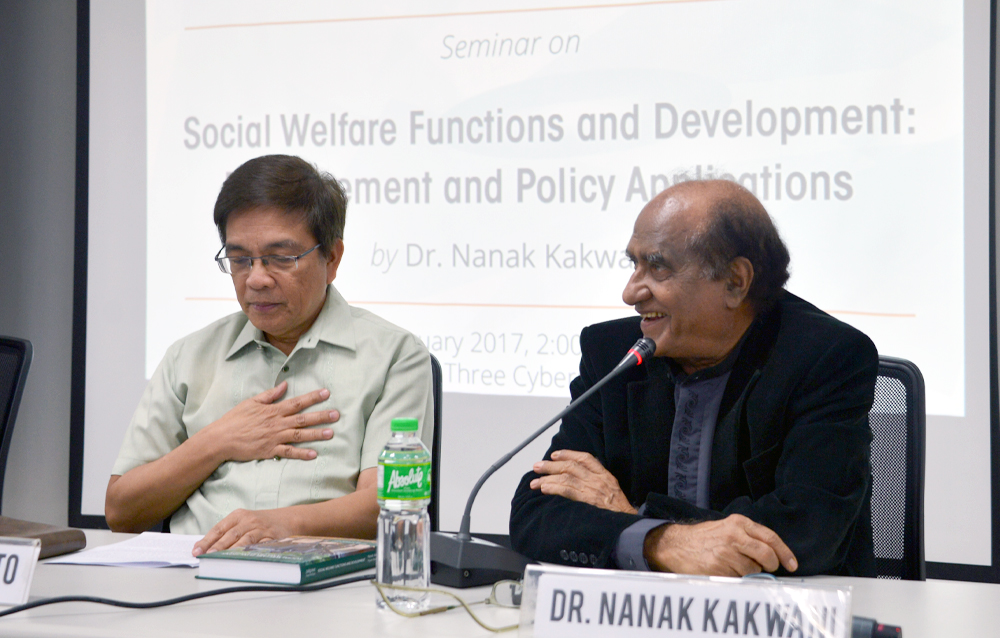
It is more effective to monitor poverty and inequality by looking into the conditions of target social groups instead of specific individuals, according to a poverty and inequality expert.
In a recent forum organized by state think tank Philippine Institute for Development Studies (PIDS), Dr. Nanak Kakwani, former professor of economics at the University of New South Wales in Australia, presented a methodology that makes use of social welfare functions to derive development indicators that are related to social specific objectives such as reduction in equality and poverty.
This methodology veers away from the more common approach of targeting individuals for government policy interventions aimed at addressing poverty and inequality. The Philippine government’s conditional cash transfer program, called Pantawid Pamilyang Pilipino Program (4Ps), for example, utilizes the National Household Targeting System for Poverty Reduction Data in identifying the beneficiaries of the program.
Kakwani maintained that dividing population into social groups and studying how each group suffers deprivation is important to understand inequality.
Inequality is commonly associated with unequal distribution of resources, resulting in income gap between the rich and the poor. It also relates to unequal access to opportunities or benefits from economic activities.
Kakwani acknowledged that human beings are quite diverse and they differ in terms of age, gender, education level, occupation, ethnicity, and other characteristics. Given these differences, a population can be categorized into various social groups, making it possible for these individual differences to be accounted for in the analysis of inequality.
According to Kakwani, people make comparisons of their economic status with others and they feel some sense of deprivation when they find that they are worse off than others. He defined relative deprivation as not having something that many other people enjoy.
Likewise, he maintained that policies have heterogeneous effects on individuals, with some people benefitting from such policies while others do not. Thus, he highlighted the importance of having adequate government policies to protect those who are left behind.
Using data from Brazil, Kakwani discussed how different social groups across the population have benefitted from the decline in inequality in Brazil in the 2000s. He also looked into the extent to which social groups have contributed to total inequality.
Meanwhile, PIDS President Gilberto Llanto, in his opening statement, highlighted the high and rising inequality across countries, which is exacerbated by the increasing globalization.
“Many voices speak of globalization, innovations, and the fourth industrial revolution as potent forces that level the global playing field, enabling the creation of vast wealth and providing many countries and many people from different countries with seemingly endless opportunities to develop,” Llanto stated.
However, he noted that there are also strong voices criticizing globalizing markets, pointing to globalization as “inherently dis-equalizing making rising inequality in developing countries more rather than less likely”.
“In 2017, the impoverished, the vulnerable, and the neglected have brought their frustration and anger to the polls, electing populist leaders who promised an alternative world that shuns globalization and liberal economic policies,” Llanto said. The retreat of globalization amid a rising raft of protectionist policies, he added, is widely documented by print, television, and social media.
In conclusion, Llanto emphasized the need to understand poverty and inequality better in order to craft and implement more effective policy interventions. Thus, he suggested it is worthwhile to look into Kakwani's methodology of targeting social groups, instead of specific individuals, and assess how it can be used in crafting evidence-based poverty and inequality reduction policies and programs.
For more information about this seminar, visit the Events section of the PIDS website: http://www.pids.gov.ph/seminarsupdate.php?pr=324.

